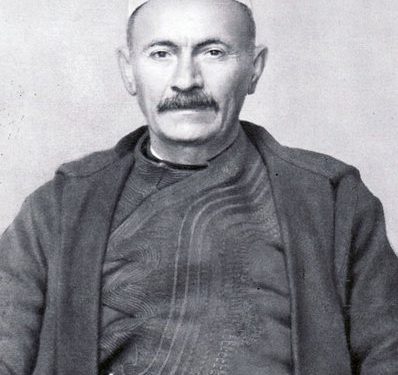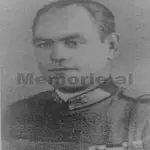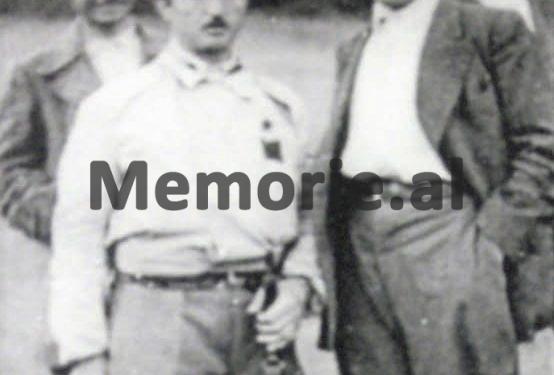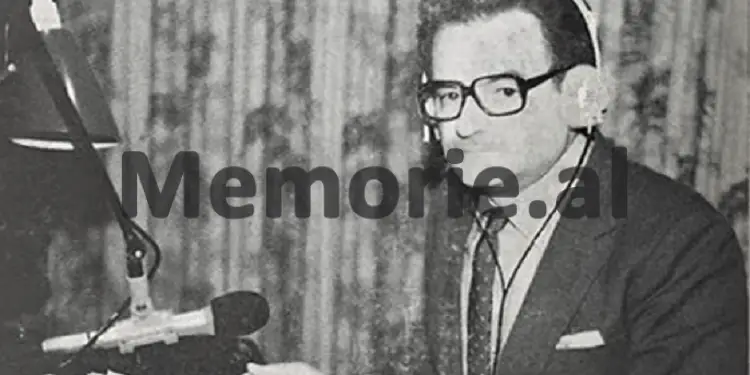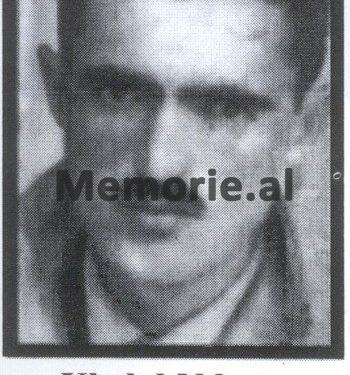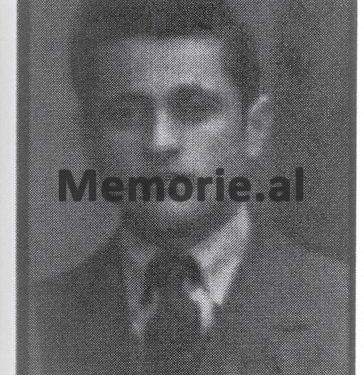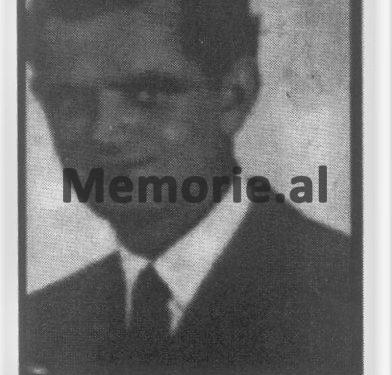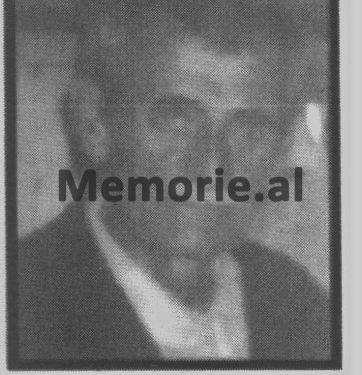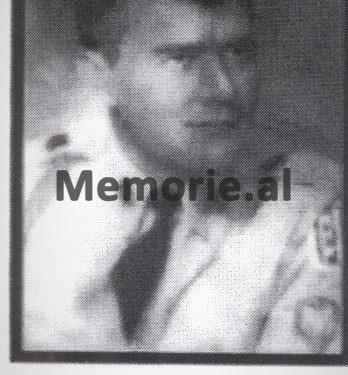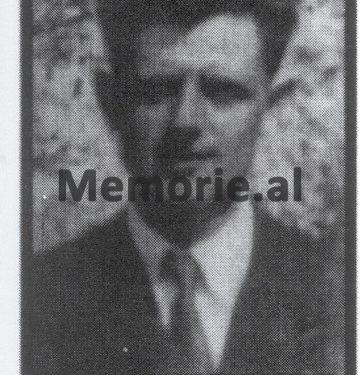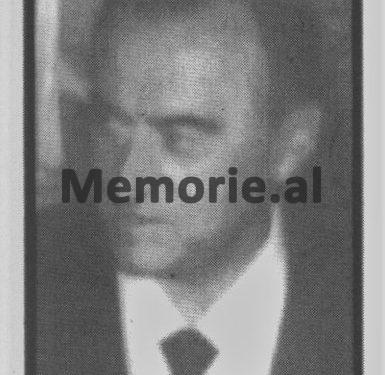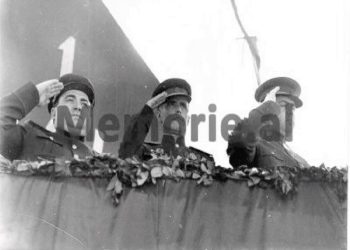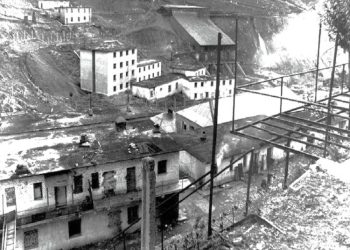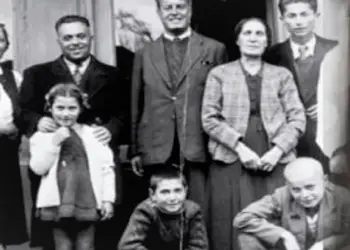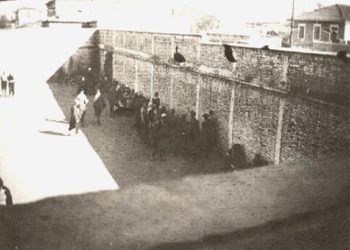By Reshat KrIpa
– ODYSSEY OF A TRIBE, ONE OF THE BEST KNOWN IN NORTHERN ALBANIA-
Memorie.al/ They were ten. Eight of them had the same surname “Ndreu”, a surname known throughout Albania. The dictatorship moved them from the north to the south. He killed them, imprisoned them, and exiled them in order to destroy them. The numbers are chilling. Only the members of the Ndreu families, until the beginning of the 90s, lived in exile in the villages of the Vlora district (other families lived in different parts of the country), spent 156 years in political prison, 650 years in exile and three shot; Gani, Avdi and Sabri. They were the daughters and daughters-in-law of their sons, from December 1990 onwards; they went on hunger strike, to protest against the causes of the great disaster that covered the whole homeland.
Who were they?
Vali (Toro) did not break the family tradition, his son Eduardi participated in the hunger strike of students (from the Faculty of Mechanical Engineering), his brother Qazim, in the hunger strike of the Association of Former Political Prisoners and Persecuted in Tirana. Continuity of selflessness. Emineja, 53 years old, was protesting for her crippled husband Avniu that the regime did not let him fulfill his desire to become a writer and for which he had so much inclination.
Hyrija, Afërdita, Qerimeja and Pjereta, who connected their fate with that of this condemned tribe. They did not want their children to have the fate of their fathers, Pullumbi, Aziz, Lutfiu and Memdu. I met with Moza, who selflessly sought the right to equality for themselves and their long-suffering fathers, Rexhep and Baftjar. They were naturally joined by Shpresa, who had just returned from Berat, where she had gone to look for the remains of her father, Ramadan Zdravë, who had died in the dark security cells.
The last one was little Etleva, 18 years old, the daughter of Et’hem Brahim, crippled by years in prison. I knew these people 35 years ago. It united me with them, the common idea, the common suffering. It was those years, when people looked at us with fear, some even with disdain. Oh the irony of fate! How poor their souls?!
I don’t want to go too far into the genealogical tree of this tribe. I am starting from our century. Their grandfather, Elez Isuf Ndreu, prominent fighter against the Turks, sworn enemy of the Serbs, loyal to the republican principles, was killed in December 1924, in defense of the city of Peshkopia.
The year 1946. What the Serbs could not do, Enver Hoxha’s regime did: They imprisoned them, killed them, burned their towers, (with the hewn stones of their towers, they built the walls of the cooperative’s stables, which would be created years later pas), their lands and cattle were taken away, they were forcibly moved, with women and children, interning them in the southern areas of Albania. Long and interesting route they traveled. It started in Slovakia, their birthplace, to continue in; Struga, Ohrid, Qaf-Thanë, Elbasan, Berat, Kuçovo, Lushnje, Fier, Tepelën, Vlora, to end in the village of Lubonjë in that coastal district.
I say interesting, because it seems strange that to come from Dibra to Vlora, you had to go through the Yugoslavia of that time. With this action, the communist dictator Enver Hoxha wanted to show his Yugoslav masters that he was accomplishing what they had not been able to do, the disappearance of this great tribe. He, it seemed, was giving them the reward, for the help given, when they put him at the head of power.
Year 1949. In the bank of the accused, 13 members of this tribe, 11 of whom are brothers, the sons of Cen Elez, the eldest son of Elez Isuf Ndreu. Witness of the accusation in the trial, the future president of the Presidium of the People’s Assembly, of the People’s Socialist Republic of Albania, “comrade” Haxhi Lleshi. They say that; even for many years after that trial, when he fell to sleep, the sessions of this trial appeared before his eyes…! At that time he testified: – “These are all reactionaries, from the smallest to the largest. That’s how their fathers and grandfathers were.”
While Jelali, master of English, Italian, German, Turkish and Russian, who would later write two dramas in verse, three novels, two monographs on the life of Dibrani, as well as many poems, which could never see the light of day publication, answered with the pride of Dibran:
“If we are caught by fathers, you are the son of Hali Lleshi, the person with black Serbian blood, who for nine consecutive years, fought against the Dibra, alongside the Serbian forces, who wanted to establishes the border, on the right side of the river Drin”.
The false witness, Haxhi Lleshi, could not find words to answer!
How much suffering weighed on the shoulders of these people?! Wherever they went, they felt behind them the terrible discrimination. The state discriminated against them with the help of State Security agents, and the hypocritical serviles of the regime also discriminated against them. If you ask them, they talk with disgust about teacher Enver, who constantly told their children that he would crush their heads. But as a prime example of terror, they show you the terrible Turan camp in Tepelena.
– “Mathausen and other Nazi camps were nothing before him,” Aziz says thoughtfully.
– I still remember the tears of helpless mothers in front of children who were dying before their eyes for a morsel of bread. I remember Kec Grimci, completely frozen at the last moment, gathered the little strength he had left and said to his family – “Don’t forget my bread ration”!
Aziz is silent. I beg you not to publish these, because maybe one day, he will sit down to write them in more detail. But I am writing to him. They are things that should not be forgotten. I listen to his words and they appear before my eyes; Halit, Fuat, Islam, Irfan and other men of this tribe, who are no longer alive today.
I like Bexheti, for whom it would suit the stature of the mountaineer that Migjeni would call: “A piece of the mountain, placed on two strong legs”.
Well, today this “piece of the mountain” is barely standing. The heavy weight of these years has paid off. However, one thing could not defeat him, his spiritual strength and faith.
“I have a great desire – he says – I want my daughter, Brunilda, to study abroad”, says Bexheti, and a tear “betrays” his eyes…!
Brunilda is a student in the last year of high school. The results are excellent. He knows Italian well and continues to study French. Will Bexhet’s wish be fulfilled?
Or will they continue to carry the heavy weight of the dictatorship on their shoulders? Who will give up for them? The President, the Parliament, the Government are silent. They only promise. How long will this continue?! This question requires an answer. /Memorie.al
Vlora, on October 28, 1991




